At Jindal Stainless, we prioritise resource efficiency at every step of our operations.
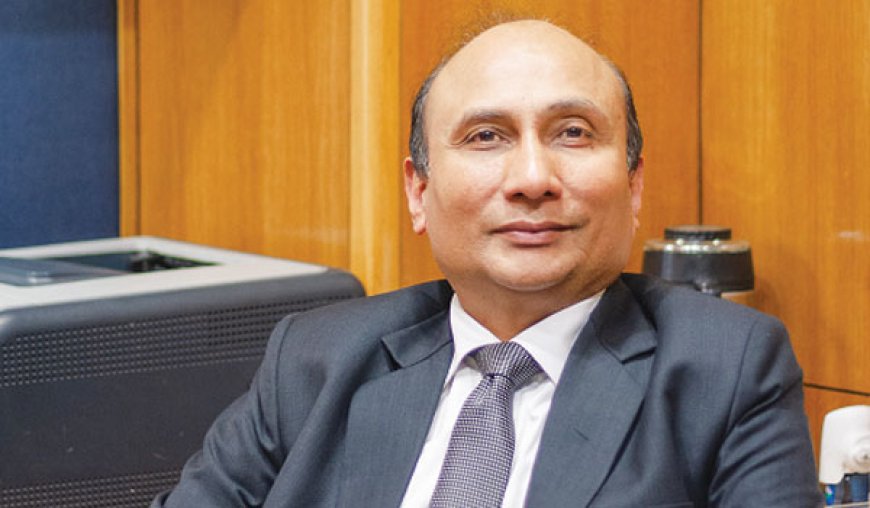
What market trends are currently shaping the stainless steel industry?
The stainless-steel industry is undergoing a transformation driven by sustainability imperatives, digitalisation, and evolving consumer preferences. Besides traditional applications across automobile, railways, transport (ART); architecture, building, construction (ABC); processing industry; consumer durables, the demand for stainless steel is also rising in infrastructure sector, defence, aerospace, renewable, green and blue economy. Additionally, with an emphasis on lifecycle costing, stainless steel has become the most preferred metal of all.
What are your company’s core stainless steel products and services? What markets do you primarily serve?
We offer a diverse array of stainless-steel products including slabs, blooms, coils, sheets, plates, rebars, wire rods, blade steel, coin blank and precision strips. While our prime focus is on the domestic market, we also export to markets such as the US, EU, Brazil, Mexico, etc. We are also expanding our global market base to Japan, Korea, Middle East, South America.
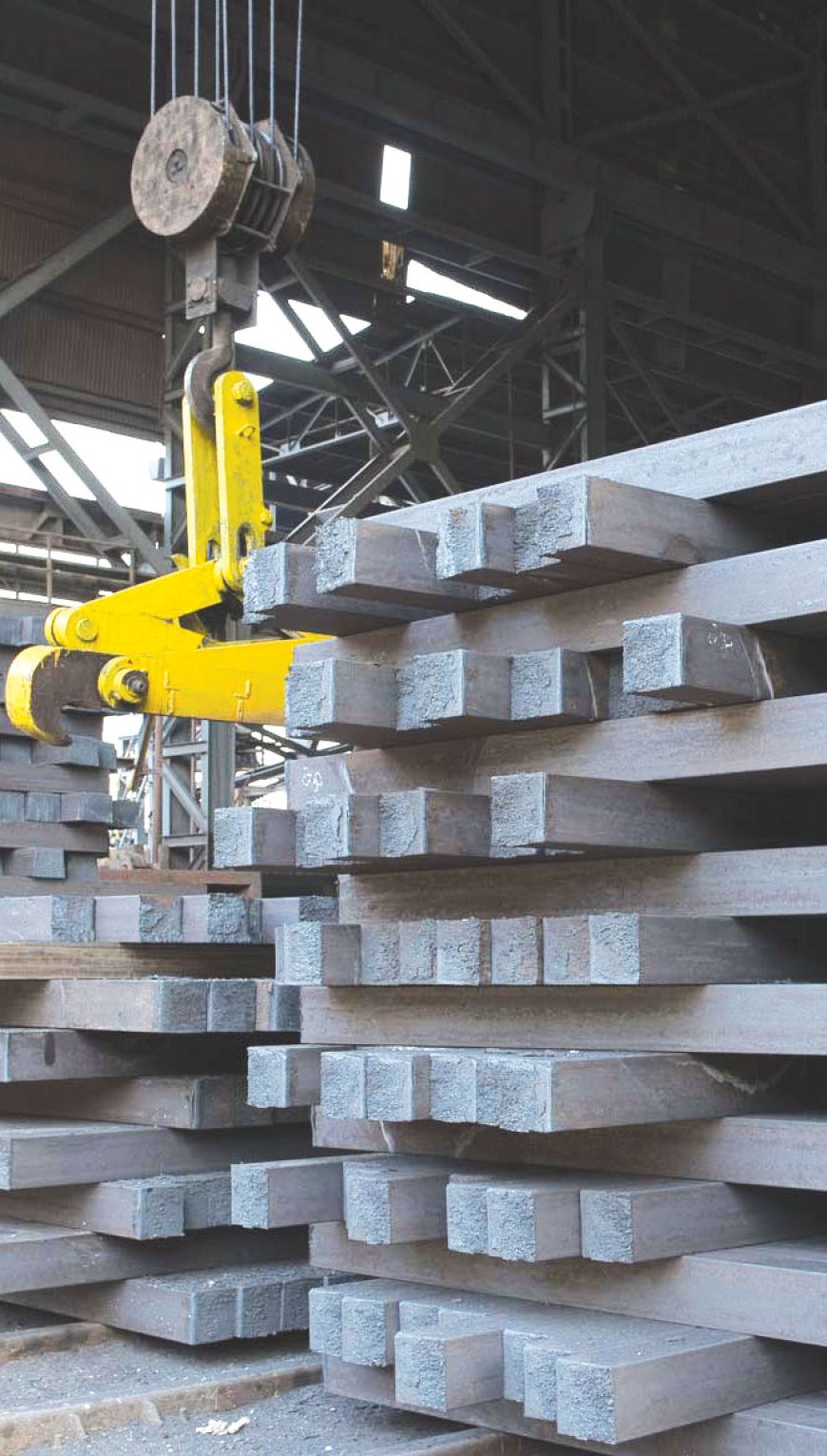
How do you differentiate yourself from competitors in the stainless-steel industry?
We are India’s largest stainless-steel manufacturer and rank among the world’s top five. Innovation, research, and development are at the core of our operations, driving us to continually improve and stay ahead of the competition. One of the reasons why we have been able to maintain our market leadership position is because of our commitment to stringent quality standards, eco-friendly practices, and thorough customer support. This not only helps us minimise our ecological footprint but also resonates well with our environmentally conscious consumers and partners.
What sustainability initiatives has your company implemented?
We have switched from thermal to renewable source of energy for most of our production processes. We were India’s first stainless steel manufacturer to commission a Green Hydrogen Plant to produce stainless steel. We have also partnered with ReNew, India’s largest renewable energy company, to develop a utility-scale captive renewable energy project for the supply of power to our facility in Jajpur, Odisha. We have rooftop solar plants at both our plant in Hisar, Haryana and Jajpur.
In the last three fiscals, we have reduced more than 2.4 lakh tonnes of CO2 and aim to achieve Net Zero by 2050 with our sustainability initiatives.
How do you address environmental concerns related to stainless steel production?
At Jindal Stainless, we prioritise resource efficiency at every step of our operations. We have also taken science based target for reducing our emissions.
As I mentioned, we have started switching to renewable source of energy for production processes. Plus, we make stainless steel through an electric arc furnace, which is less polluting. Also, stainless steel is made from stainless steel scrap which minimises waste and results in a circular economy. We also integrate sustainable practices into our supply chain and product lifecycle, promoting eco-friendly manufacturing solutions.
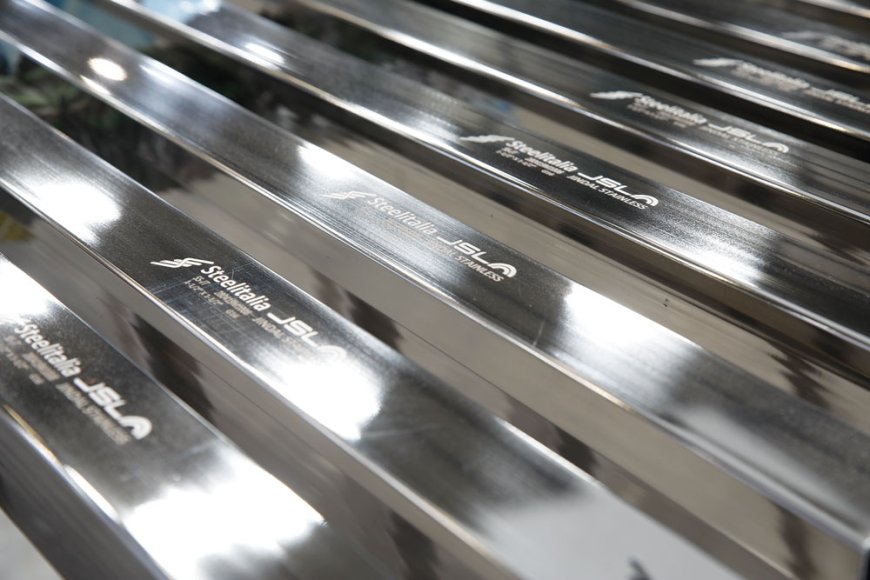
What are the biggest challenges currently facing the steel industry, and how is your company addressing them?
One of the biggest challenges that stainless steel industry in India is facing the influx of dumped stainless steel products from China. In the last quarter of FY24, there was a surge of around 1,40,000 tonnes of stainless steel from China, a ~20% increase on a YoY basis. And this number has been increasing every year. The rising substandard quality of stainless steel imports from China has only resulted in a non-level playing field for the domestic manufacturers and has resulted in many of MSME producers turning to traders.
We are in a continuous dialogue with the government to address this issue and have requested them to re-impose the countervailing duty on Chinese stainless steel imports.
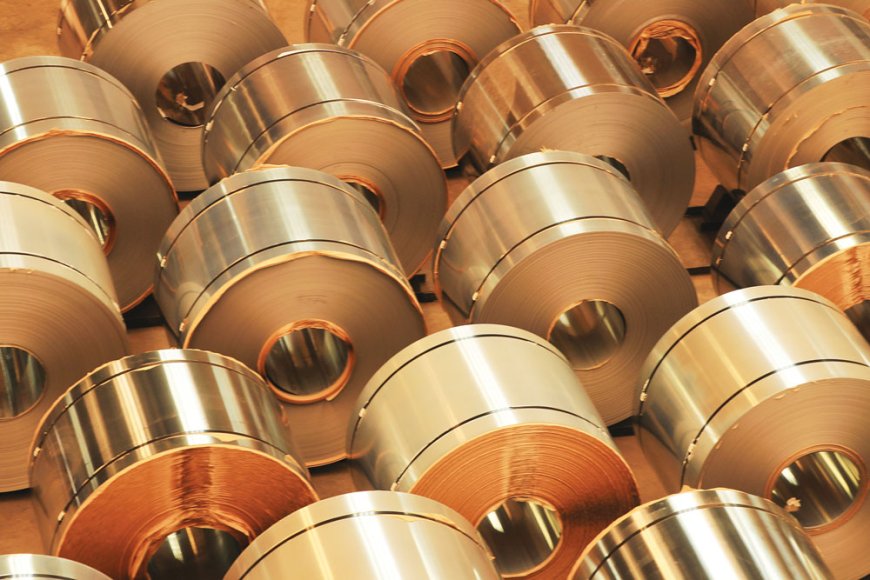
What opportunities do you see emerging in the stainless steel sector in the next 5-10 years?
As I mentioned earlier, demand for stainless steel is rising in emerging sectors such as defence, aerospace, renewable, blue and green economy, and in infrastructure too. As economies focus more on sustainability, stainless steel will naturally become the preferred metal due to its corrosion resistance, fire resistance, higher strength, durability, and lower life cycle cost properties.
The growth of stainless steel will help in nation building as its increasing usage is directly proportional to a country’s increasing GDP. Now with PLI also in the offing and the push for Make in India initiative, stainless steel industry will play a key role in India’s growth story.
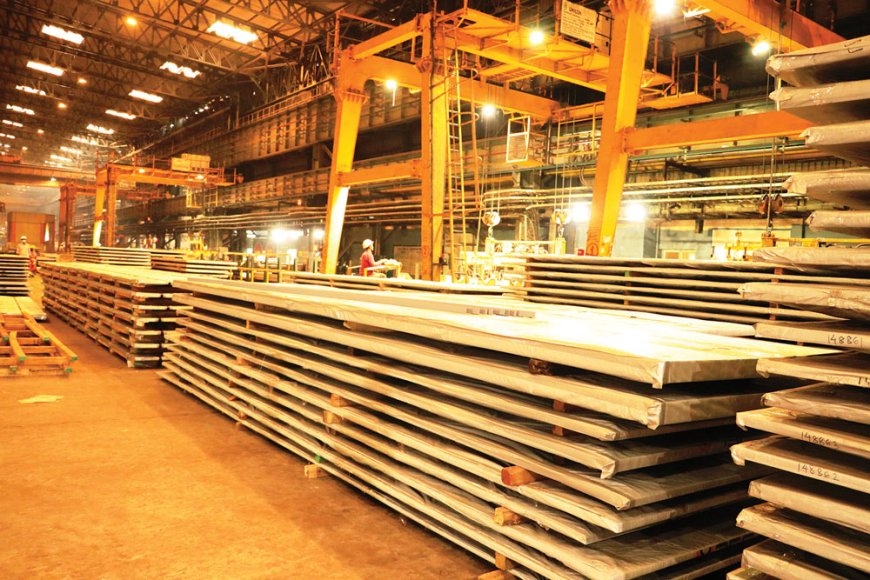
How do you envision the future of the stainless steel industry, and what role will your company play in it?
I am confident that stainless steel is poised to grow immensely in India. It is the fastest-growing metal with 5.35% CAGR in the last five decades (according to worldstainless) and is expected to touch 20 million tonnes (MT) by 2047 in the country. Its per capita consumption is also expected to reach 11-12 kg from current 2.8 kg. While the stainless steel consumption in 2023 in India was around 4 MT, to reach the expected levels by 2047, I believe that our country needs a proactive policy environment that deters India from becoming a dumping ground for countries with excess capacity. I also believe that the much-required logistics improvements, power and land availability, ease of doing business, and skilling initiatives will be required at the macro level.
Jindal Stainless, being the market leader, will play a significant role in this. From building the stainless steel industry’s ecosystem, supporting the MSMEs, skilling the fabricators, advocating for the industry for a favourable policy environment, we will lead the wave of change for maximising the industry potential.
We are also one among the two pilot companies chosen by the government of India in the steel sector for Made in India branding initiative which is built on Hon’ble PM Shri Narendra Modi’s vision to promote ‘Brand India.’








